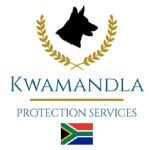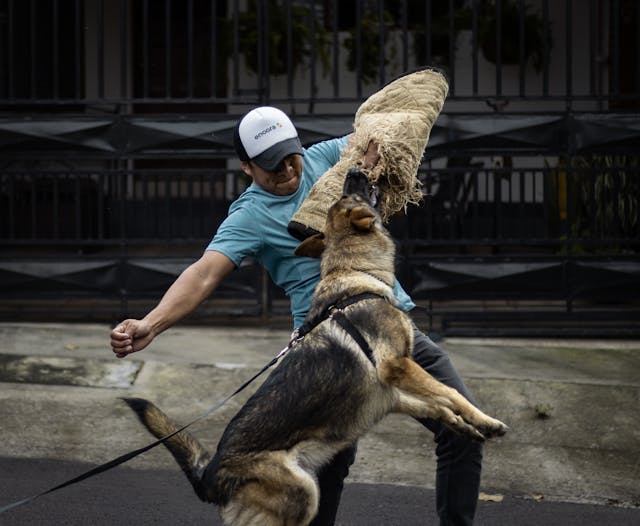In high-risk environments, a dog’s strength and instincts aren’t enough. Effective protection demands training—especially from the handler. Proper Handler Certification sets that standard, ensuring safety, control, and legal compliance under pressure.
Why Certification Matters in Dangerous Settings
Guard dogs operate in unpredictable, often hostile situations. Without trained handlers, the risk of misjudgment grows. Certification gives handlers the tools to remain calm, issue precise commands, and control their dogs effectively.
High-stakes environments—like industrial zones or crime-prone estates—don’t allow room for hesitation or errors. Certification ensures the handler reacts with purpose, not panic.
What Certified Handlers Understand That Others Don’t
Certification isn’t about dog tricks. It teaches threat recognition, appropriate use of force, and how to manage a dog in public and private spaces. Certified handlers understand canine behavior deeply. They know when a dog is stressed, overexcited, or uncertain.
That knowledge can prevent escalation, protect bystanders, and increase the success of any security operation.
Legal and Ethical Accountability
In high-risk roles, every action may come under scrutiny. Certified handlers are trained in legal use-of-force standards, safety protocols, and professional ethics. If a dog is used to deter or detain, the handler must be able to justify every move.
Professional Certification ensures those actions meet national and industry-specific legal requirements—protecting both the client and the handler.
The Risk of Hiring the Unqualified
Without certified handlers, clients risk more than security failure. There may be legal consequences, injury claims, or property damage. Unqualified teams lack both structure and discipline—making high-risk environments even more dangerous.
Requesting certification proof isn’t optional. It’s a necessary step in hiring a safe, competent K9 team.
In Security, Professionalism Starts With Training
Every reliable guard dog team begins with a handler who’s trained, assessed, and certified. Proper Handler Certification isn’t a bonus—it’s the foundation. In high-risk roles, it separates reliable protection from reckless endangerment.

